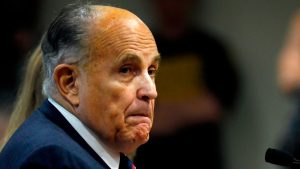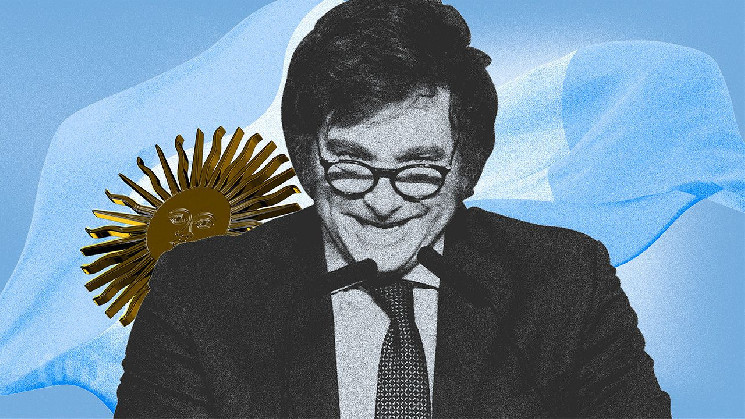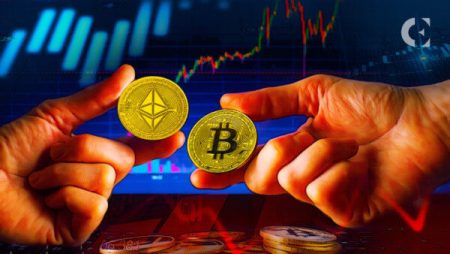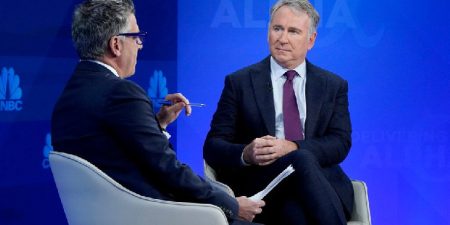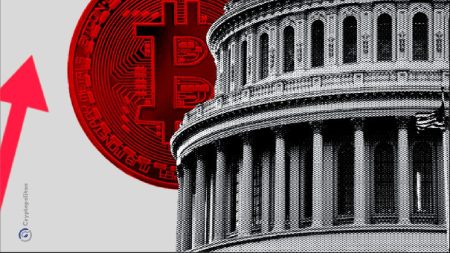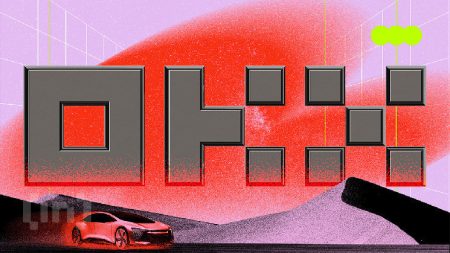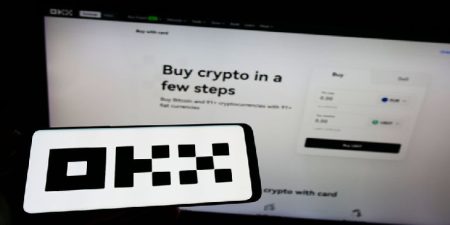The LIBRA Rug Pull Scandal: A Crisis of Trust and Transparency
1. Introduction: The LIBRA Rug Pull Scandal
In recent days, the cryptocurrency world has been rocked by the LIBRA rug pull, a scandal that has entangled Argentina’s President Javier Milei. A rug pull, for the uninitiated, refers to a situation where developers abandon a project, leaving investors with significant financial losses. President Milei, known for his ambitious vision to integrate blockchain technology into Argentina’s economy, faced intense scrutiny after initial denials of involvement in the LIBRA debacle. In an attempt to salvage his reputation, he participated in an interview meant to address the crisis. However, the event quickly unraveled, revealing a carefully orchestrated media strategy that has only deepened the political and economic fallout.
2. The Prerecorded Interview and Its Implications
President Milei’s interview regarding the LIBRA rug pull was billed as a live, spontaneous discussion aimed at restoring public trust. However, it soon emerged that the interview was prerecorded, with questions meticulously vetted by Milei’s advisors. This level of control extended to editing, where potentially damaging responses were excised. A notable incident occurred when an advisor whispered in Milei’s ear, prompting a swift change in subject. These revelations have cast doubt on the sincerity of Milei’s communication, eroding public confidence and highlighting the administration’s willingness to manipulate information.
3. Market Reactions and Economic Fallout
The aftermath of the interview saw a brief, hopeful surge in LIBRA’s value, which was quickly overshadowed by a significant decline, with LIBRA losing over $100 million in market capitalization. The repercussions extended beyond the crypto realm, affecting Argentina’s broader economy. The nation’s stock market experienced a sharp drop, and sovereign bonds suffered as investor confidence waned. This economic instability underscores the interconnectedness of digital assets and traditional financial markets, illustrating how a crisis in one sector can reverberate widely.
4. The Role of Presidential Advisors and Media Manipulation
The interview’s production involved a team of close advisors, including Milei’s sister Karina, Santiago Caputo, and Manuel Adorni, who carefully selected and edited questions to shield the President from scrutiny. This level of media manipulation has significant implications, suggesting a coordinated effort to control narratives and protect Milei’s image. The involvement of high-level advisors raises questions about the transparency and integrity of the administration’s communications strategy, further fueling public distrust.
5. Crypto Community’s Response and Political Pressure
Initially, segments of the crypto community rallied around Milei, with figures like Charles Hoskinson expressing hope that the President had been misled. However, as the extent of Milei’s involvement and the manipulation of the interview became clear, support waned. The scandal has precipitated political consequences, with calls for impeachment intensifying and a co-founder of a major decentralized exchange resigning. These developments indicate a broader loss of faith in Milei’s leadership and the potential for lasting political ramifications.
6. Conclusion: The LIBRA Scandal’s Broader Impact
The LIBRA rug pull and subsequent revelations have created a crisis that extends far beyond the cryptocurrency sector, impacting Argentina’s economy and political landscape. The scandal highlights the vulnerabilities at the intersection of digital assets and traditional finance, where a loss of trust can trigger widespread economic instability. As President Milei faces increasing pressure, the situation serves as a cautionary tale about transparency and accountability in leadership. The long-term consequences for both Milei and Argentina remain uncertain, yet the immediate fallout underscores the critical need for honest communication in times of crisis.


